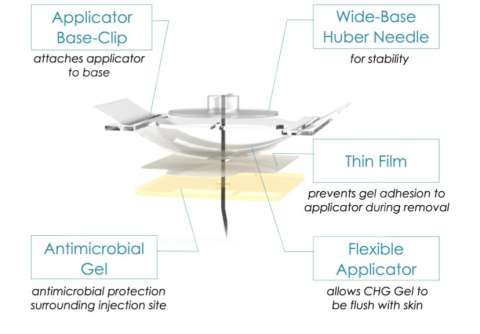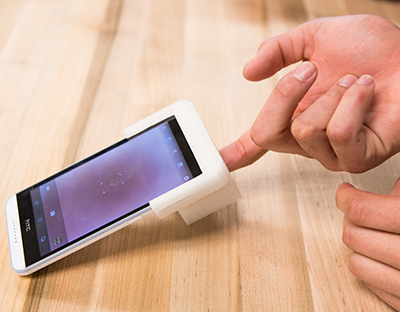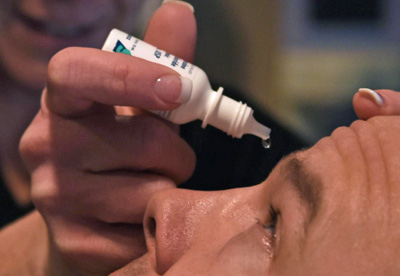Engineering Innovation in Health (EIH) develops technical solutions to pressing challenges in health. We welcome projects from your company that will benefit from a collaborative working team of industry professionals, UW students, and faculty.
Benefits
By participating in EIH, you have the opportunity to:
- Develop innovative technical solutions that bring value to your company.
- Vet a solution to a challenging problem, perhaps one that you don’t have the resources to pursue in-house.
- Generate a deeper understanding of a health challenge, market, current solutions, intellectual property, and regulatory strategy that engages a comprehensive set of stakeholders.
- Work closely with a diverse group of UW students and faculty from engineering, health sciences, and business.
- Strengthen your relationship with the UW for recruiting student talent and for engaging in future projects.
- Leverage world class infrastructure and facilities at UW.
- Receive a nonexclusive commercial license to any project intellectual property developed by the student team or UW employees.
Involvement
The Engineering Innovation in Health program runs for 9 months. Projects typically start in the fall (October) and run for three quarters (ending in June).
Participating companies pay a sponsorship fee and designate an employee lead to mentor the team. The mentor meets with the team weekly to help them understand the problem in depth and guide the solution pathway.
Intellectual property is governed by existing federal and state laws and is subject to best practices of the University of Washington technology transfer office, CoMotion. A company wholly owns its existing intellectual property. A nonexclusive, commercial license will be granted to any project intellectual property developed by the student team or UW employees. Additional, pre-negotiated options for exclusive licenses have been standardized as part of the Washington Innovation Advantage Program.
The EIH process starts with industry sponsors or clinicians submitting a project idea that focuses on an unmet health challenge and ultimately ends with a working prototype solution, which can take the form of a device, process, or application. Project submissions are due on a rolling basis between May and August each year. We welcome you to reach out to us and discuss your ideas. Please contact EIHealth@uw.edu to learn more.


